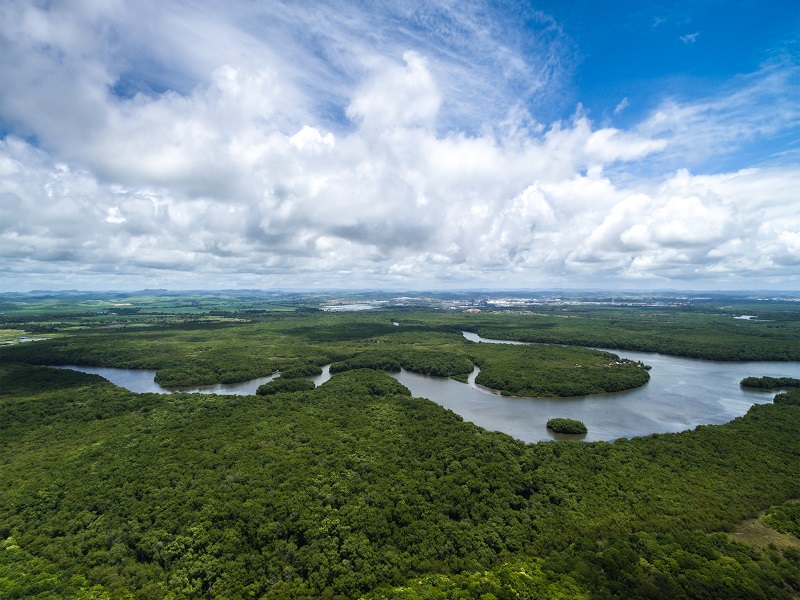
In an interview with Global Business Reports, Adriano Espeschit, President of Brazil Potash, provided an update on the company’s potash project in Autazes, located 120 km from Manaus in the Amazonas state. This underground mine, accompanied by a beneficiation plant, is significant for Brazil, a country that currently imports 98% of its potash needs. The project aims to produce 20% of the national demand for potash, and Espeschit took the time to highlight exactly what makes The Autazes Potash Project so special for Brazil and the global potash market.
Project’s Reserve and Expansion Plans
The Autazes project boasts a substantial reserve, determined through extensive exploration involving 43 rows, each over 1,000 meters. These efforts have guaranteed a production lifespan of 23 years, with an annual output of 2.2 million tons. Additionally, there are plans for expansion, potentially doubling or even tripling production in future phases.
Local Impact and Workforce
Espeschit emphasized the project’s commitment to the local community. A key aspect of this commitment is the plan to employ 80% of the workforce from the local region. This strategy includes providing necessary training to locals, equipping them with the skills required to work in the project, thereby boosting local employment and skill development.
Environmental, Social, and Governance (ESG) Goals
The project’s alignment with ESG goals is a critical element of its design and operation. The mining area, previously deforested and used for cattle grazing, will see minimal surface impact due to the underground mining approach. This method significantly reduces environmental disturbances compared to open-pit mining. The project aims for responsible waste management, with plans to reuse or backfill waste material, leaving minimal environmental footprint. The closure plan includes leaving beneficial infrastructure, like roads and ports, for community use.
Importance for Brazilian Self-Sufficiency
The project is vital for Brazil’s agribusiness, which contributes about 28-30% of the country’s GDP and is heavily reliant on imported fertilizers. The National Fertilizer Plan, aiming to increase domestic production of potash to at least 2 million tons per year by 2030, is heavily dependent on the success of the Autazes project. This project is not only crucial for Brazil’s agricultural sector but also plays a significant role in the global context, considering the increasing food production demands.
Prospects for Brazil’s Mining Industry
Espeschit highlighted the immense opportunities in Brazil’s mining sector, underscoring the need for more exploration to understand the country’s geological potential. He cited the example of the country’s vast river basin and the untapped potential in various commodities, including lithium, where recent exploration has led to significant industry growth.
Financing Strategy
The construction of the project is planned to be executed on time and within budget. The financing strategy involves a mix of equity and external financing, with the latter expected to cover around 70% of the costs. Brazil Potash, listed on the NYSE, has a diverse international investor base. Discussions are ongoing with development banks from countries where the project’s suppliers are located, highlighting the project’s global economic connections.
For more information and to read the complete interview with Global Business Reports, click here.



 Follow us on Twitter
Follow us on Twitter Become our facebook fan
Become our facebook fan










Comments are closed.